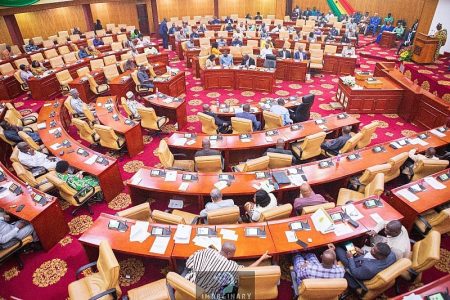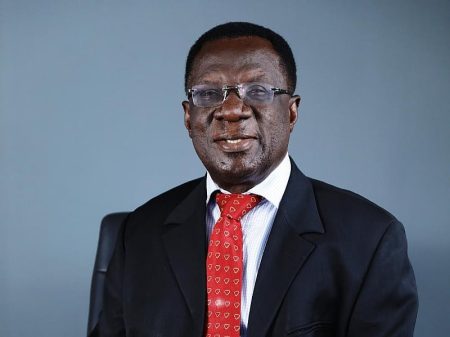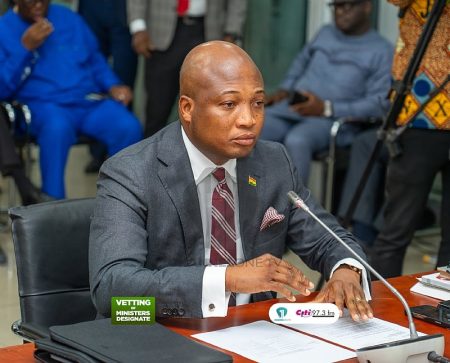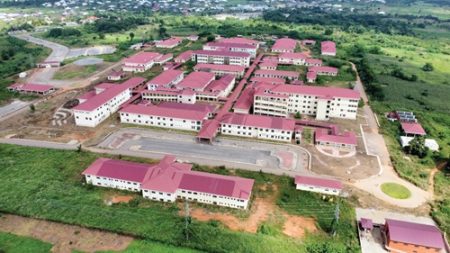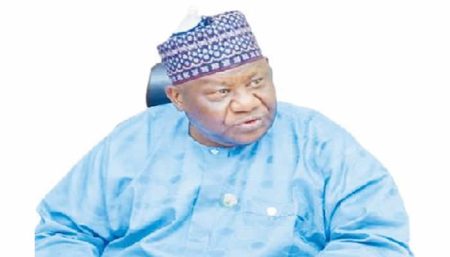Paragraph 1: The Imperative of Regional Value Chains in Africa’s Economic Development
The Africa Business Forum, convened at the Economic Commission for Africa’s headquarters, concluded with a resounding call to action: the activation of regional value chains as a cornerstone of Africa’s economic transformation. The forum brought together a diverse array of stakeholders, including heads of state, policymakers, private sector leaders, and experts, to deliberate on the challenges and opportunities inherent in Africa’s industrial development. The overarching consensus was that fostering robust regional value chains is paramount to unlocking the continent’s vast economic potential and driving sustainable growth.
Paragraph 2: Leveraging the AfCFTA for Regional Integration and Value Chain Development
Central to the discussions was the African Continental Free Trade Area (AfCFTA), hailed as a pivotal instrument for facilitating regional integration and value chain development. Claver Gatete, Under Secretary General and Executive Secretary of the ECA, underscored the urgency of accelerating AfCFTA’s implementation to establish these vital value chains, particularly in key sectors like pharmaceuticals, agriculture, and manufacturing. He emphasized the need for concerted efforts among African nations to dismantle trade barriers, which currently impede intra-African trade and hinder the continent’s competitiveness. Reducing these barriers, coupled with improvements in infrastructure and investments in value-added production, are crucial steps towards building a more competitive and integrated African economy.
Paragraph 3: Addressing Trade Costs and Infrastructure Deficiencies to Enhance Competitiveness
The forum highlighted the persistent challenge of high intra-African trade costs, which significantly exceed trade costs with external markets. This disparity underscores the need for substantial investments in infrastructure development, trade facilitation measures, and regulatory harmonization to streamline trade processes and reduce transaction costs. By addressing these bottlenecks, African nations can create a more conducive environment for businesses to thrive, enhance regional trade flows, and improve Africa’s overall competitiveness in the global marketplace.
Paragraph 4: Showcasing Success Stories and Fostering Innovation in Key Sectors
The forum showcased successful initiatives, such as the Africa Electric Vehicle project linking the Democratic Republic of Congo and Zambia, demonstrating the potential of strategic partnerships and targeted investments in driving economic transformation. This project exemplifies how the development of economic zones, coupled with improved transportation infrastructure and private sector engagement, can unlock significant opportunities for sustainable development. The discussions also emphasized the importance of innovation and technological advancements in driving value chain development across various sectors, including agriculture, manufacturing, and renewable energy.
Paragraph 5: Addressing Africa’s Debt Burden and Promoting Global Competitiveness
The forum acknowledged the significant challenge posed by Africa’s mounting debt burden, which currently stands at USD 1.21 trillion. Mr. Gatete emphasized the need for collaborative efforts with debt partners, including those from the Paris Club, non-Paris Club countries, and the private sector, to address this critical issue. He reiterated that the AfCFTA is a crucial tool for reducing costs, improving competitiveness, and attracting foreign investment, all of which are essential for sustainable economic growth and development. The forum called for innovative financing mechanisms and debt restructuring strategies to alleviate the debt burden and create fiscal space for investments in infrastructure, human capital, and value chain development.
Paragraph 6: Fostering Pan-African Cooperation and Changing Narratives about African Products
The forum culminated in a renewed commitment to regional integration, value chain activation, and industrialization. The active participation of African leaders, including President Duma Gideon Boko of Botswana, President John Dramani Mahama of Ghana, and Deputy Prime Minister Alexandre Barro Chambrier of Gabon, underscored the strong political will to drive pan-African cooperation and unlock the continent’s economic potential. Mr. Gatete’s closing remarks emphasized the need to challenge external perceptions of African products and promote the high quality and competitiveness of goods manufactured in Africa. He urged African governments and businesses to embrace a narrative of self-reliance, innovation, and global competitiveness, showcasing Africa’s capacity to produce world-class products. The forum concluded with a sense of optimism and determination, signaling a bright future for Africa’s trade and industrial development as the continent embarks on a transformative journey through the AfCFTA and other strategic partnerships.






